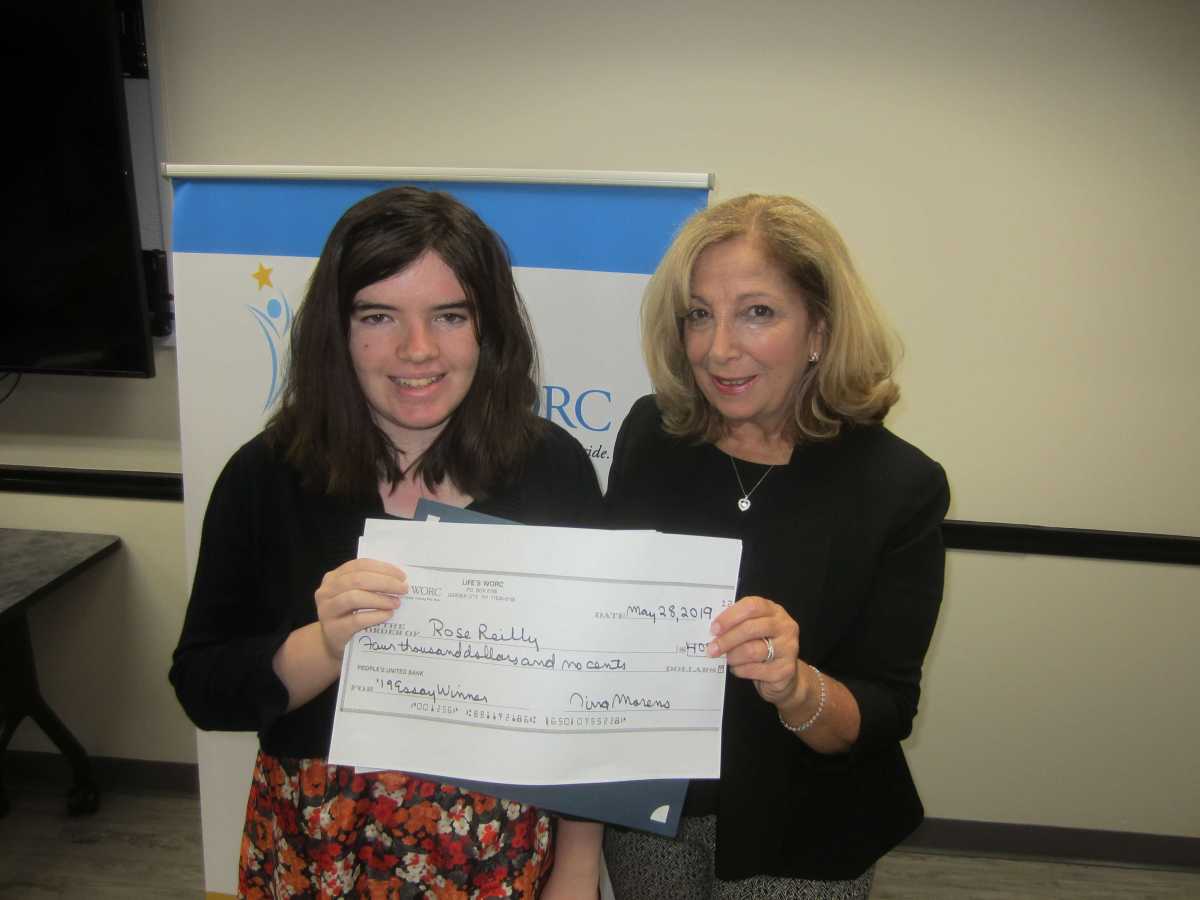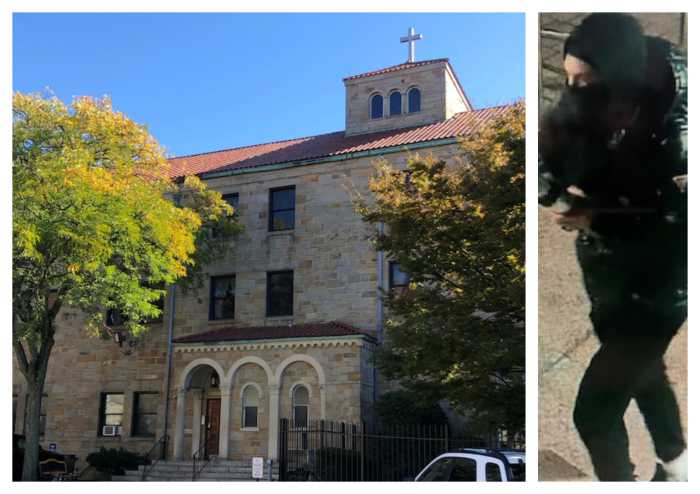A teen from Fresh Meadows won this year’s Life’s WORC/The Family Center For Autism’s annual essay contest.
Rose Reilly, a sophomore at The Mary Louis Academy in Jamaica Estates, came in first place after her essay described a three-point plan to help bring an end to the bullying of special needs children in schools.
For her efforts, Reilly was awarded $4,000 prize. There were 146 entries from students across Queens, Nassau and Suffolk County high schools, all of whom wrote an essay based on the prompt: How can I lead my school and community to become a bully-free place for individuals with autism and developmental disabilities?
See Reilly’s winning essay below.
Bullying often targets people with special needs because they know that they can get away with antagonizing them. In order to prevent and stop bullying on a massive scale one must start with reforming their own school and community. Some reforms that could help are exposing kids with special needs and kids that don’t have them with clubs and integrated classes, also teaching children at an early age why children with special needs act differently, and to make sure that when bullying happens the bully understands what they did was wrong.
In order for these groups to get along with each other they have to be exposed to each other first, and at a early age. One way to do this is by introducing social gatherings or clubs specifically for this purpose. Clubs that have team building games and go on trips to places to improve social skills. In these clubs everyone can learn something. Children with special needs can learn life skills and social cues while others will learn compassion and patience. Another way of exposing these children to each other is by having them in integrated classes. Integrating classes will set up those with developmental disabilities for the real world and others to be able to interact with them effortlessly.
We fear what we don’t understand. We have seen this problem a million times before. By educating children on why those who act differently act the way they do, they will be able to understand and be able to sympathize more with those who are different. Teachers could explain it by saying that interactions with special needs is like playing a game of charades. This demonstrates the challenges a child with special needs faces when trying to understand the message someone else is trying to communicate. Also teaching them to be sensitive to children with special needs.
When bullying does happen there must be a process in order to make sure that it doesn’t happen again. This includes making sure that the bully realized what they did wrong. A bully may not understand the harm they are doing. By explaining instead of always punishing the bully they will be able to understand how their actions affect others, and will prevent it from happening again. Telling a bully to “think about what they have done” obviously doesn’t work if the child does know what they have done wrong. Teaching them to sympathize will prevent future negative behavior.
By helping bullies understand what they did wrong, intermingling these children together and educating students without special needs why they act differently is key to reforming a community and or school to prevent bullying against those who see the world differently. These reforms would lead to a environment where we learn how to accept others differences and celebrate in our similarities.


































